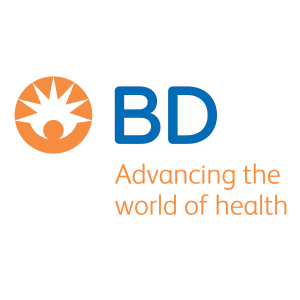
Hatch Warns of Dangers to the Generic Drug Market
November 18, 2021
Senator Orrin G. Hatch, co-author of the Drug Price Competition and Patent Term Restoration Act (“Hatch-Waxman”), issued the following statement:
I am deeply concerned about the unintended consequences which could result from the drug pricing provisions of the proposed Build Back Better legislation. If enacted, these provisions could override the basic foundation of Hatch-Waxman—a bill I co-authored that has saved consumers almost $3 trillion dollars since 2007.
Since Congress passed Hatch-Waxman in 1984, the law has fueled explosive growth in the generic drug market. Prior to its passage, just 19 percent of prescriptions in the US were dispensed as generic. That number has now climbed to 90 percent. To this day, I consider laying the regulatory foundation for the generic drug industry to be among my greatest achievements in the Senate.
Hatch-Waxman provides patients with affordable pharmaceuticals while also spurring development of groundbreaking therapies which can then be copied. Maintaining the balance between accessibility and innovation has been the key to Hatch-Waxman’s success.
My concerns about the drug pricing provisions in the Build Back Better Act, especially as they relate to Hatch-Waxman, center on two points: both process and substance. First, unlike our long deliberations which led to the successful bipartisan partnership which made Hatch-Waxman possible, there has been little scrutiny of the bill’s language and its potentially deleterious impacts.
The bill would seem to impose a new price regulation scheme that would undermine the generic competition that is at the heart of Hatch-Waxman. Likewise, it could jeopardize the biopharmaceutical innovation incentivized by that competition.
Innovators invest to make products better, to advance science, to improve patient care, and to compete against other products, including generics. But under the current draft, innovators would face less generic competition and would also lose the ability to price their products to recoup their initial investments. Worse still, the inflexibility of the current price setting authority would wipe away the benefits of pediatric and orphan exclusivities, which ensure that drug makers study the safety and effectiveness of treatments for children and patients with rare diseases.
The goal of crafting Hatch-Waxman was to increase competition, lower drug prices, and foster innovation. When we passed this bill, the United States trailed Europe in biopharmaceutical investment. Today, the United States has not only overtaken Europe, but has brought more new drugs to market than the rest of the world. By all objective measures, the bill has been an unequivocal success, and its benefits should not be overwritten by hastily written language that has not been thoroughly vetted by the Senate HELP, Senate Finance, and House Energy and Commerce Committees.
The proposed drug pricing provisions would profoundly impact competition, investment, and innovation. As the former Chairman of the Senate HELP, Judiciary, and Finance Committees, I learned that successful legislation can only be achieved through an open and deliberative process. I hope Congress will take that lesson to heart as it weighs the implications of these provisions.
Recent News
- Intermountain Health Announces New Children’s Health President and Expands Leadership Role for Hospital President to Build on Legacy of Pediatric Excellence
- Seek Labs Unveils BioSeeker™
- Merit Medical Launches the Prelude Wave Hydrophilic Sheath Introducer with SnapFix Technology
- Purgo Scientific Appoints Veteran MedTech Leader as Chief Executive Officer
- Quansys Biosciences Launches Q-View™ Imager Plus: Delivering Reproducible, high-impact ELISA Data with Ease
- Improving Women’s Health: MobileODT Joins Liger Medical










